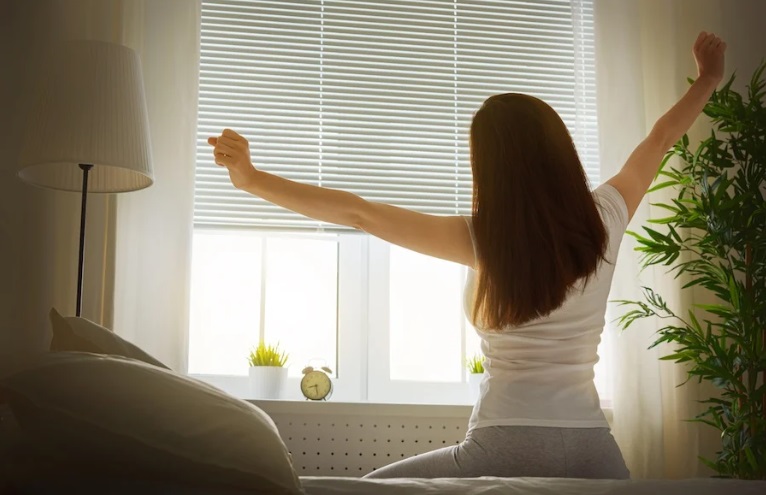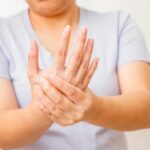Sleeping is considered the best medication for the overall well-being of an individual. Getting a good night’s sleep is one of the prerequisites for staying healthy and fit. It not only impacts physical health but also plays a crucial role in the mental and emotional state of mind. However, many people are still struggling with falling asleep quickly and waking up feeling refreshed. Nowadays, if anyone is suffering from this then there is nothing to worry because there are effective tips to help them out to fall asleep faster and wake up revitalized. Maintaining a consistent sleeping schedule is one of the most critical factors in improving sleep quality. One should try to go to bed and wake up at the same time every day, even on weekends. This will help to regulate the body’s internal clock and create a relaxing bedtime routine that helps to develop a calm pre-sleeping habit that gives a signal to the body that it’s time to wind down. This could include activities like taking a warm bath, reading or practising relaxation exercises.
Having a comfortable sleeping environment is essential in the room which involves a soothing ambience to ensure a good sleep on the mattress and pillows. The bedroom should be well-maintained and a sanctuary for sleeping. A proper check on screen time before bed should be maintained because the blue light emitted by screens can interfere with the body’s production of melatonin, a hormone that regulates sleep. One should try to avoid screens at least an hour before bedtime. Folks must work on their diet as what they eat and drink can affect their sleeping pattern. One must evade intake of caffeine and heavy meals before bedtime and try to have light, sleep-friendly snacks if required.
Staying active and performing physical activities can improve sleeping quality. However, try to eliminate the strenuous exercise right before bed, as it can be stimulating. Mismanagement of stress and anxiety levels can keep us awake at night. One must practice relaxation techniques such as deep breathing, meditation and yoga to calm the mind. Putting restrictions on naps in the daytime. While having short power naps one can feel refreshed, long or irregular daytime naps can disrupt the night sleep. If a nap is required then, try to keep it short and early in the day. Monitoring the bedroom clock can result in trouble falling asleep, staring at the clock can increase stress which can make it even harder. Turn the clock away from the eyes or by covering it up.
Considering sleeping supplements and aids can help sometimes as these supplements include melatonin or chamomile tea which can help to fall asleep faster. Consult a healthcare professional before using them regularly. Elude the consumption of alcohol and smoking at night because alcohol and nicotine can disrupt sleeping patterns. Limiting the use, especially in the hours leading up to bedtime. Getting adequate exposure to sunlight is mandatory for taking up natural light during the day which can help to regulate the sleep-wake cycle by spending time outdoors, especially in the morning. Being mindful of a sleep position can affect the quality of sleep. People should sleep on the back or side, as sleeping on the stomach can put strain on the neck and back.
Gradually adjusting wake-up time by waking up earlier and making adjustments by going to bed and waking up 15 minutes earlier each day until reaching the desired wake-up time. Seeking professional assistance if required after trying these tips and still struggling with sleep, consider consulting a healthcare professional. Sleeping disorders may require medical attention. Implementing these tips and making adjustments to lifestyle and sleep habits can significantly improve sleep quality. Falling asleep faster and waking up refreshed is not only achievable but also essential for overall health and well-being.


